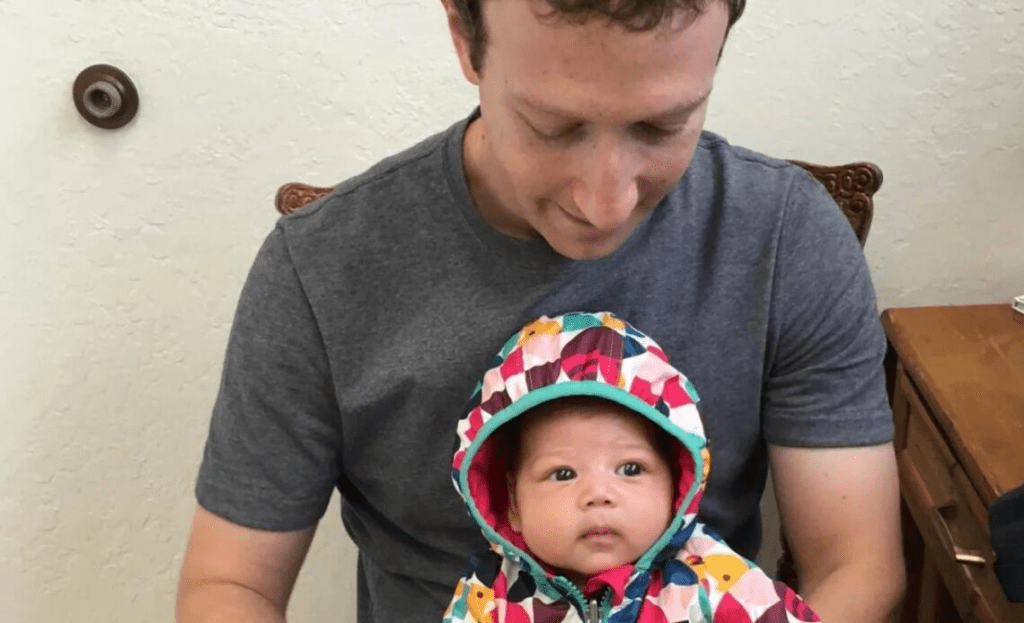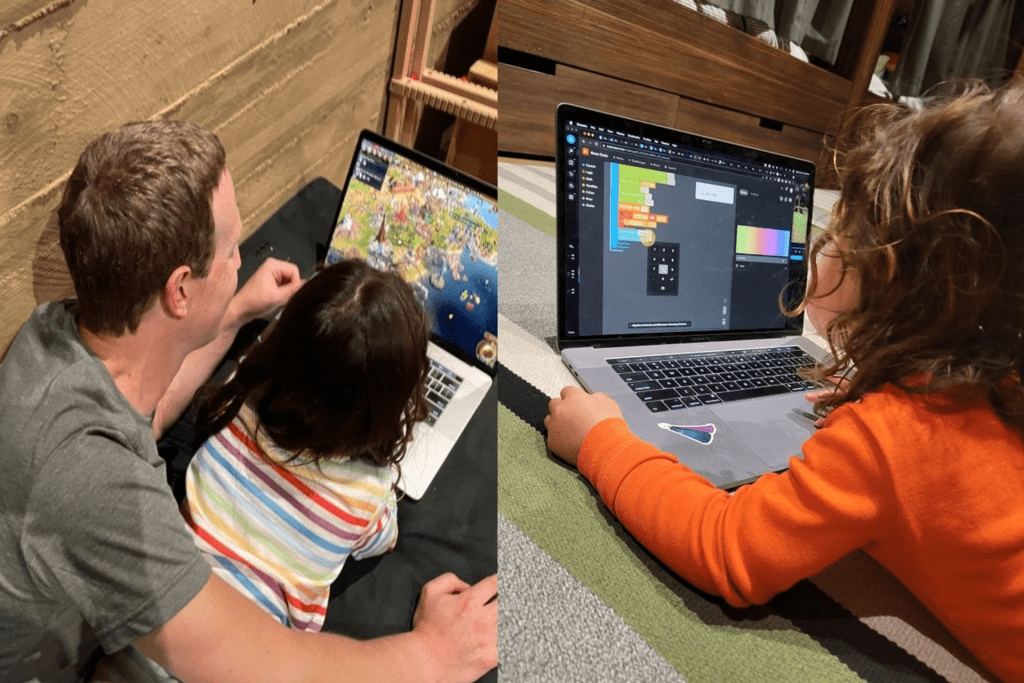In today’s fast-paced, tech-driven world, the boundaries between academic achievement and childhood play seem to be blurring more than ever. Recently, Mark Zuckerberg, the founder of Facebook (now Meta), sparked a significant debate after sharing that he is teaching his young daughter to code. This decision has raised questions about whether early coding lessons are the future of parenting or if it’s a step too far in pushing children toward productivity and success at too young an age.

As one of the most influential figures in the tech world, Zuckerberg’s parenting choices naturally attract attention. But his decision to introduce coding to his daughter has divided opinions. Is this a forward-thinking, genius strategy that could set his child up for success, or is it robbing her of the innocence and free time essential for childhood development?
In this article, we’ll examine both sides of the argument surrounding Mark Zuckerberg’s parenting style and whether this approach could reshape the future of education and parenting—or set a potentially dangerous precedent.
The Genius of Early Learning: Is Coding the Future?
Zuckerberg’s move to teach his daughter coding aligns with a growing trend among parents who prioritize STEM (Science, Technology, Engineering, and Mathematics) education from an early age. In a world increasingly reliant on technology, learning coding at a young age has become an attractive prospect for many. Coding is often described as the “language of the future,” and as technology continues to shape every aspect of our lives, acquiring coding skills early could provide children with a competitive edge.

Experts suggest that learning to code can foster a child’s problem-solving abilities, logical thinking, and creativity. Zuckerberg’s decision is not surprising, given his own career in technology, where coding was a critical skill that helped him build his empire. By introducing his daughter to coding at a young age, Zuckerberg is potentially giving her the tools to succeed in a digital-first world.
In addition to technical skills, coding also promotes perseverance, attention to detail, and the ability to think critically—traits that will be beneficial throughout her life. Zuckerberg’s choice could therefore be seen as a proactive strategy to ensure that his daughter is well-equipped to thrive in the future.
The Downside: Childhood Lost in Pursuit of Perfection?
While many view Zuckerberg’s decision as visionary, others argue it may cross a line. Childhood should be a time for exploration, play, and creativity—rather than being consumed by academic pursuits. Critics of early coding lessons warn that focusing too early on subjects like coding could deprive children of other essential developmental experiences, such as socializing, physical activity, and engaging in unstructured play.
The concern is that such early academic pressure might overshadow the natural curiosity and enjoyment of childhood. With the rise of over-scheduling children’s time, some worry that exposing young children to intense educational experiences could contribute to an environment where productivity takes precedence over play and well-being. Zuckerberg’s decision might be seen as part of a broader trend of “over-parenting,” where the focus is on grooming children for future success rather than allowing them the freedom to just be children.

Additionally, this approach may unintentionally exacerbate inequality in education, as children from wealthier families are more likely to have access to resources like coding lessons. This raises important questions about fairness and equity, especially when such opportunities might not be available to children in less privileged situations.
Is This the Future of Parenting?
Zuckerberg’s parenting decision has ignited a larger conversation about the role of technology in modern parenting. As the world becomes more tech-centric, many parents are opting to expose their children to skills like coding, artificial intelligence, and robotics at a young age, with the goal of giving them a head start in an increasingly digital world. This shift could lead to a future where early tech education becomes the norm, as parents try to prepare their children for careers in industries that are heavily influenced by technology.
However, as we look to the future, it’s important to strike a balance. Technology is an essential part of life, but so are creativity, emotional intelligence, and social skills. Parenting in the digital age should not just focus on academic and career skills but also foster holistic development, allowing children to engage with the world in all its facets. Encouraging curiosity, empathy, and well-roundedness is just as important as preparing children for the jobs of tomorrow.
The Verdict: A Thoughtful Approach or A Step Too Far?
Mark Zuckerberg’s decision to teach his daughter coding at an early age has sparked a thought-provoking debate on the future of parenting. On the one hand, it could offer his daughter a head start in mastering a valuable skill that is likely to be in high demand in the future. On the other hand, it raises concerns about the potential loss of childhood innocence, with children becoming more focused on academic achievement and productivity at the cost of playful exploration.
Ultimately, the future of parenting is still evolving, and each parent will need to consider how to balance the intellectual development of their children with the need to preserve the joy, curiosity, and spontaneity that define childhood. Zuckerberg’s approach might signal a shift toward more academic-focused parenting, but it’s crucial that we find a way to nurture well-rounded individuals who are prepared for both the challenges of the digital world and the beauty of the real one.
So, what do you think? Is Zuckerberg’s strategy the future of parenting, or should we focus more on preserving the carefree, imaginative nature of childhood?


